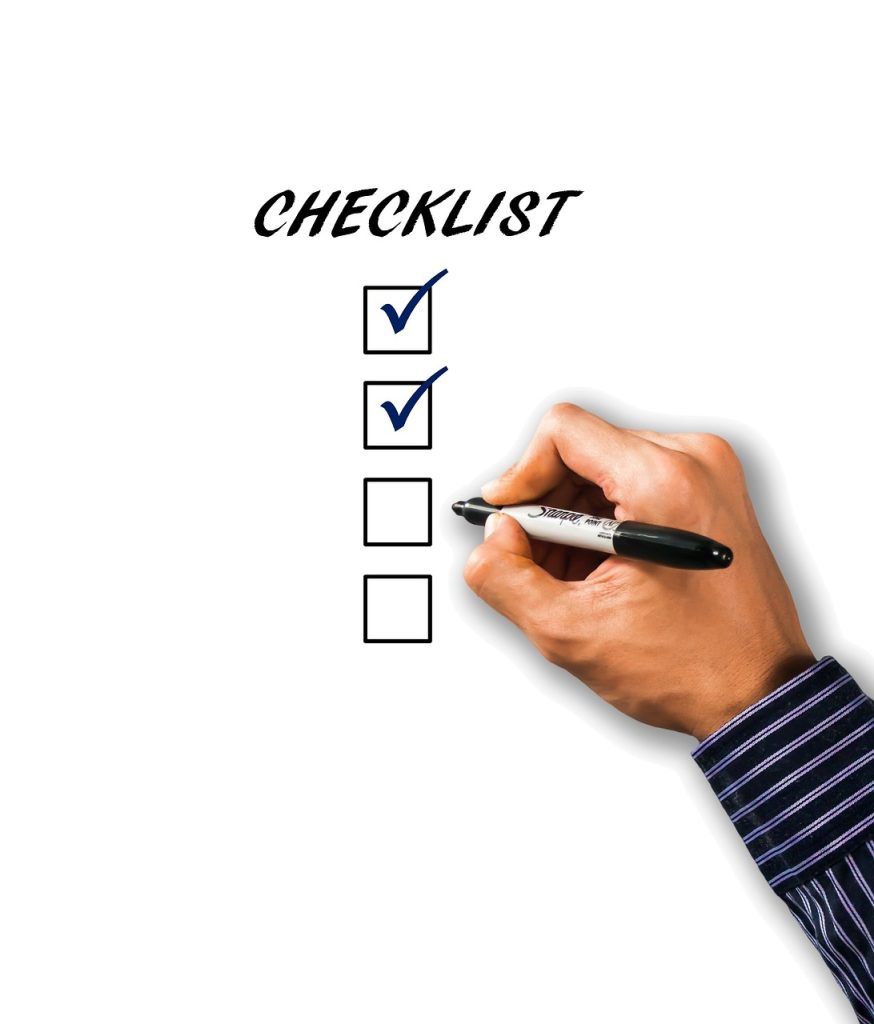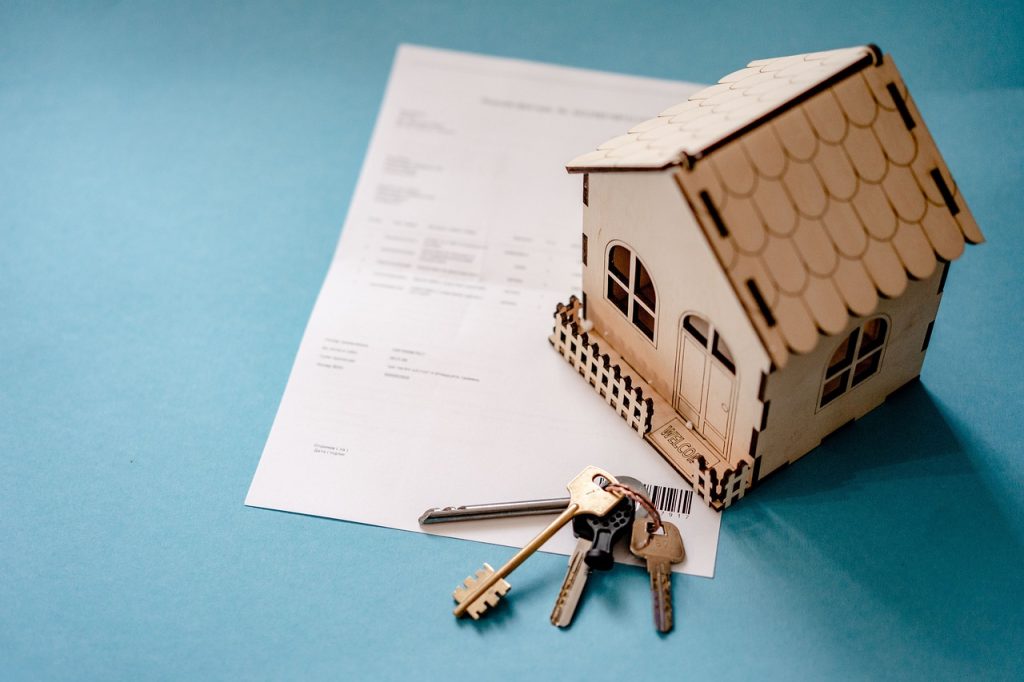Buying your first home is a thrilling journey filled with excitement and anticipation. In 2024, the real estate market presents new opportunities and challenges, making it crucial to approach this milestone with knowledge and strategy. Here are ten innovative tips to guide first-time home buyers through this exciting process.
1. Determine Your Budget
How much can you afford?
Before diving into the home-buying process, it’s essential to determine your budget. This foundational step sets the tone for your entire search and ensures you stay within your financial limits.
Start by evaluating your income, expenses, and savings. Use a mortgage calculator to get an estimate of how much you can afford based on your current financial situation. Remember to factor in additional costs such as property taxes, insurance, and maintenance

2. Get Pre-Approved for a Mortgage
Why is pre-approval important?
Obtaining a mortgage pre-approval gives you a clear idea of how much you can borrow and shows sellers that you’re a serious buyer. This step can make your offer more attractive in a competitive market.
Gather your financial documents, including tax returns, pay stubs, and bank statements. Reach out to multiple lenders to compare rates and terms. Pre-approval can also help you identify and address any potential credit issues before you start house hunting.

3. Determine Your Needs
What features are non-negotiable?
Identifying your must-haves versus nice-to-haves can streamline your search and help you focus on homes that truly meet your needs.
Make a list of essential features, such as the number of bedrooms, bathrooms, and proximity to work or schools. Consider your lifestyle and future plans, including the need for extra space for a growing family or home office. Prioritizing your needs helps in making quicker decisions when you find the right home.

4. Research Neighborhoods
Which area suits you best?
Location is key in real estate, and researching neighborhoods can help you find the perfect place to call home. Look into factors like safety, school districts, and amenities.
Visit neighborhoods at different times of the day to get a feel for the area. Check local crime rates, school ratings, and access to parks, restaurants, and shops. Talking to potential neighbors can also provide valuable insights into the community vibe.

5. Attend Open Houses and Tours
How do you evaluate homes?
Attending open houses and tours allows you to compare properties and get a sense of what’s available in your price range. It’s also a chance to see potential homes in person and envision yourself living there.
Take notes and photos during each visit. Pay attention to the layout, condition, and any potential repairs or renovations needed. This hands-on approach can help you narrow down your options and make an informed decision.

6. Get a Home Inspection
Why is a home inspection crucial?
A home inspection can reveal hidden issues that might not be obvious during a casual viewing. It’s a vital step to ensure the property is in good condition and to avoid costly surprises down the road.
Hire a reputable home inspector to examine the property thoroughly. They will check the structural integrity, electrical systems, plumbing, roof, and more. Review the inspection report carefully and consider negotiating repairs or price adjustments based on the findings.

7. Understand the Market
Is it a buyer’s or seller’s market?
Knowing whether you’re in a buyer’s or seller’s market can impact your negotiation strategy and offer price. In a buyer’s market, you have more leverage, whereas in a seller’s market, you may need to act quickly and competitively.
Research current market trends, including inventory levels, average home prices, and how long homes are staying on the market. This information will help you make informed decisions and strategize effectively.

8. Plan for Closing Costs
What additional expenses should you expect?
Closing costs can add up to several thousand dollars and include fees such as appraisal, title insurance, and attorney fees. It’s crucial to budget for these expenses to avoid any last-minute financial stress.
Ask your lender for a detailed breakdown of expected closing costs. Save additional funds to cover these expenses and any moving costs, minor repairs, or immediate upgrades needed after you move in.

9. Consider Future Resale Value
Is the home a good investment?
While it’s essential to buy a home that suits your current needs, it’s also wise to consider its future resale value. Factors like location, school district, and neighborhood development can impact how easily you can sell the home later.
Look for properties in growing areas with good amenities and transportation links. Avoid overly unique features that may not appeal to a broad range of buyers. Thinking ahead can ensure your investment grows over time.

10. Trust Your Instincts
How do you feel about the home?
Finally, trust your instincts. Buying a home is both a rational and emotional decision. If a property feels right and meets your criteria, don’t hesitate to make an offer.

Listen to your gut feelings during the process. If something feels off, it’s okay to walk away. There’s no need to rush; the right home will come along, and you’ll know it when you see it.



